WELCOME TO OUR FREE ARTICLES, VIDEOS, AND RESOURCES
Would you like us to send our best free tips, tools, and special offers straight to your inbox?
Ash Barty and the Independent Athlete Myth...
Watching Ash Barty's journey to becoming Wimbledon champion was an amazing example of the crucial nature of having the incredible support and guidance from a fantastic team and family.
The trend of the very best players in the world building bigger, more long term, support teams contradicts the theme in player development involving the goal of creating independent players.
Unfortunately, the goal of player independence and complete responsibility underestimates the importance of the support teams' relationship with developing players, and is sometimes designed to absolve those not suitably skilled to build effective relationships from responsibility in player development.
And brain research has shown that it’s not possible to create an independent player anyway....
Since most players are not in a position to have a support team, let's focus here on the coach-player relationship.
So how can we balance players’ best interests by simultaneously encouraging the coach-player re...
Belinda Bencic's Common Match Reflection Mistake...
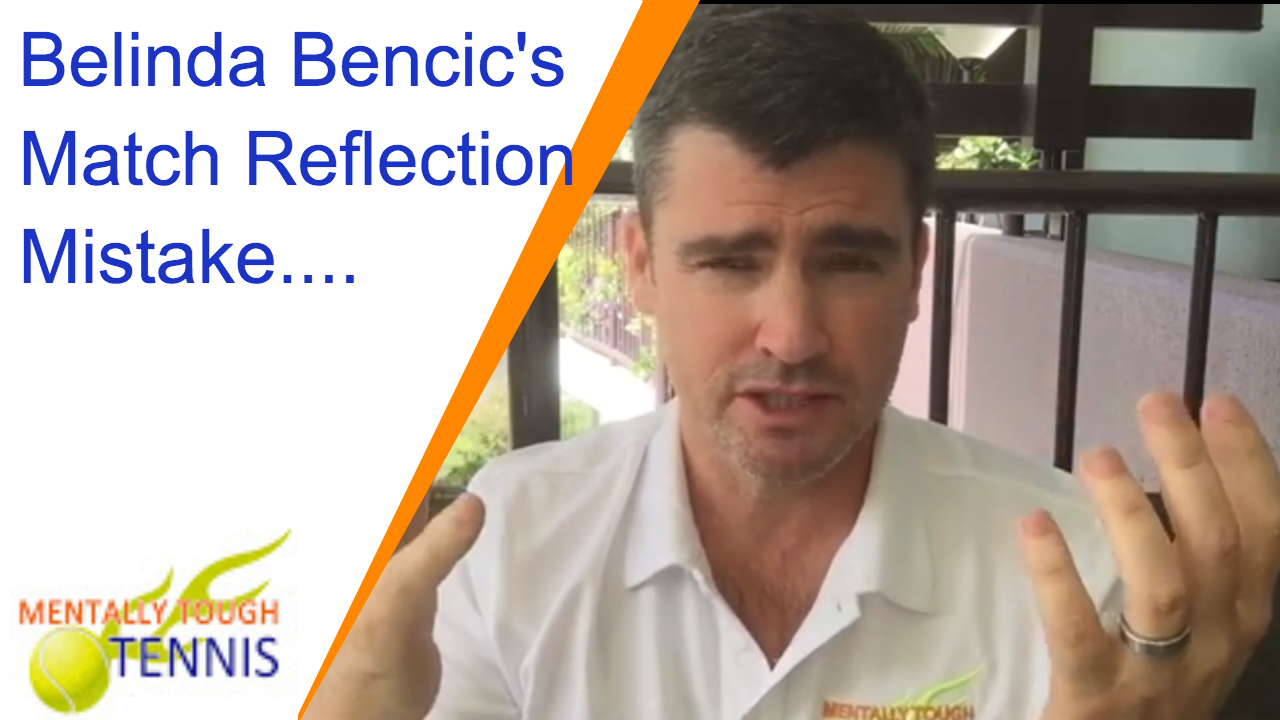
What common match reflection mistake did Belinda Bencic make after her semi-final?
Check out my thoughts below as its very likely you're making this mistake with your players/child as well...
Cheers,
Anthony
Why Parents Are The MOST Important Contributor to Children's Mental Toughness Outcomes...
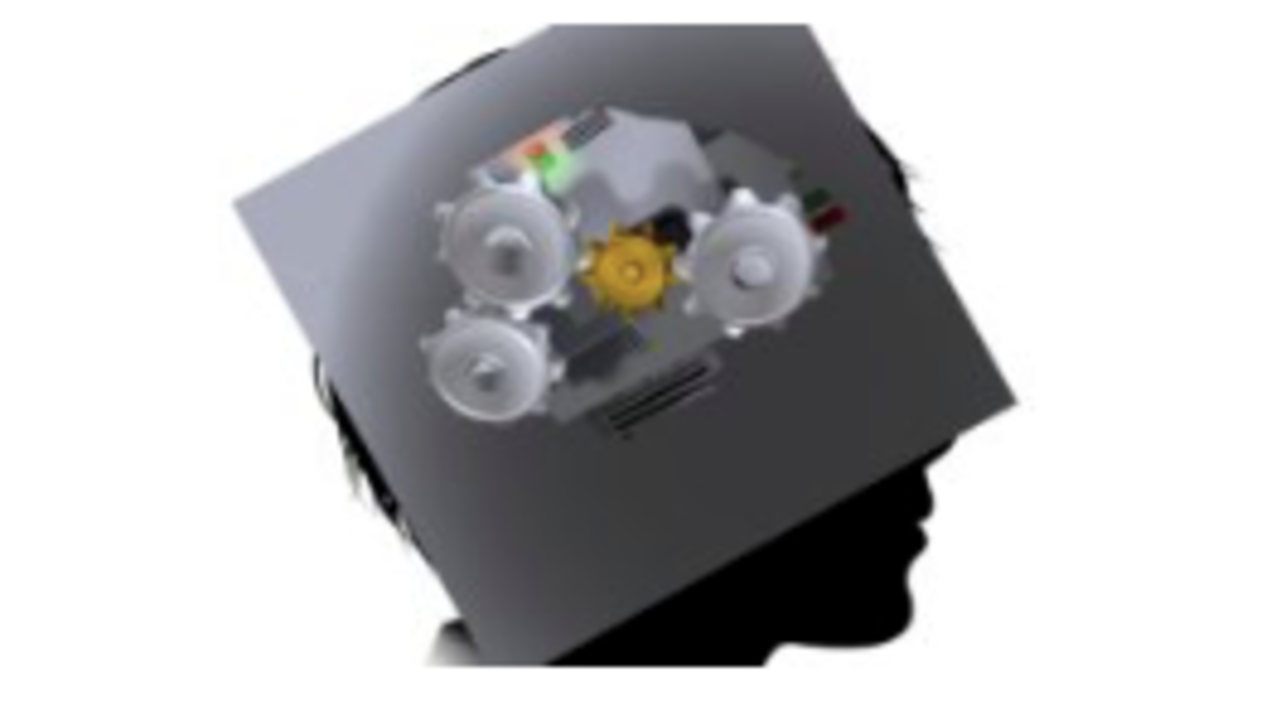
How parents interact with children around tennis has incredible power in influencing mental toughness development, even more so than coaches. This is due to the 'perfect storm' of brain factors that make tennis parenting interactions the most powerful determinant of children's mental toughness development, both on and off the court...Let's explore the 4 most important now:
1.) Our Brains Remember Important Experiences Better...
The genius of the human brain is evident in the way it has evolved ways of deciding which life experiences need to be remembered and learned from and which can be forgotten.
Recent research has shown us that the brain figures out what is likely to be important to remember based on a number of factors, making it more easily rewired as a result of these factors.
2.) The Importance of Sport Experiences
And as it happens, there are two factors crucial to sport that encourage our ability to remember sport experiences: exercise and high levels of emotion....
The Contrast In 1 Key Competitive Skill Between Nadal and Kyrgios: And Why Attitude Is NOT a Choice…
Watching Nadal and Kyrgios in the final of Beijing highlighted the contrast in 1 vital mental skill that we often fail to understand. Let’s explore it…
Nadal Is Actually Getting Better…
It’s hard to believe but Nadal is actually getting better. He is a competitive machine… Simply the greatest competitor the game has ever seen.
Last night is the best I’ve ever seen him play on a hard court. That he turned up to this rather minor tournament (for him) at this stage of his career and displayed the same desire to win as if it was a Slam is the very reason he has become so good and continues to improve.
His insanely high level had Kyrgios looking for an exit within 30mins.
Kyrgios Is Deeply Addicted to Reducing Fear and Pain…
The reasons that Nadal has become so great are many. But 1 of the most important that sets him apart from all but Federer is his consistent, career long ability to tolerate the fears that come with potential loss, and the pain that comes with actual loss.
...2 Powerful Communications That You May Not Have Realised Develop Mental Toughness...
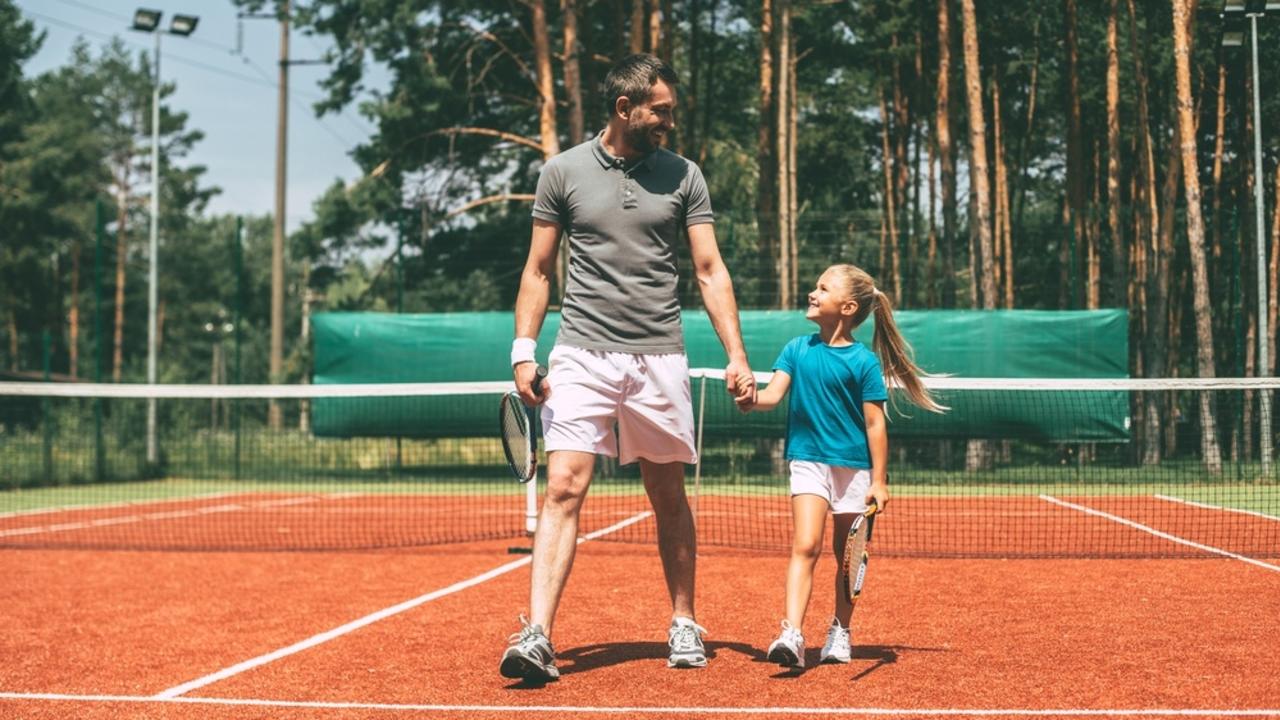
If I could choose one attribute that I believe most supports player development of mental toughness I would choose emotional intelligence. But what is it and how can we nurture it in young players?
What Is Emotional Intelligence?
Emotional intelligence is the ability to respond flexibly and intentionally to difficult emotional experiences like frustration and nerves.
This ability allows us to choose actions that serve our best interests even when we are experiencing difficult internal experiences (thoughts, feelings, body sensations, urges.)
So, for instance, when faced with a match situation that evokes anxiety, emotional intelligence would allow players to recognize anxiety, be able to accept the normality of that reaction, and continue on to face the existing challenge.
And when engaged in the challenge, frustration will naturally arise after an error.
An emotionally intelligent response would see players recognize the feeling then refocus attention on a process that increases...
3 Ways Brain Science Can Help Player Development...
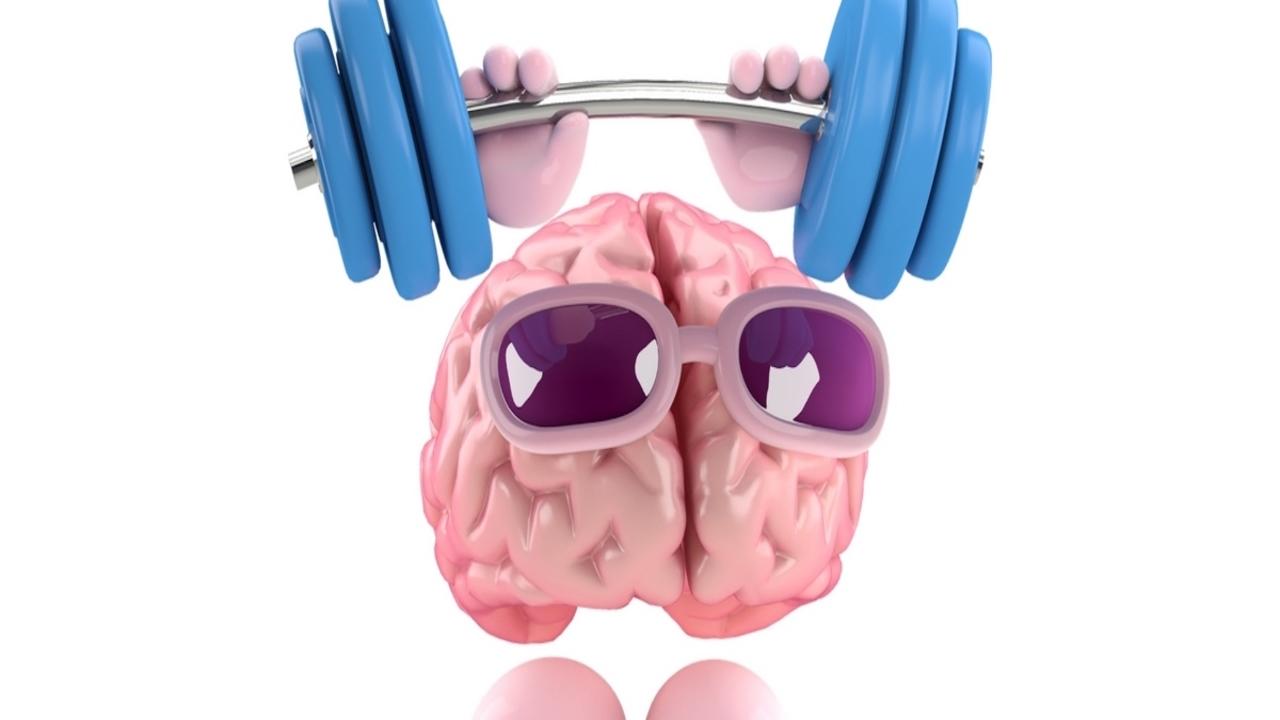
Let’s look at 3 examples of how a better understanding of the brain can be applied to promote player development.
The 3 Examples…
1.) Aerobic Exercise Before Practice
Aerobic exercise affects the brain like fertilizer on grass creating ideal brain conditions for growth and learning.
So a short period of exercise prior to practice boosts player learning during practice.
And to magnify these benefits we can use pre-session exercise to develop players’ concentration, self-awareness, and emotional capacities.
To do so ask them first try to maintain attention on a particular aspect of exercise completion such as their breath, or the physical discomfort in their bodies.
Then the aim is to notice as quickly as possible when their attention has wandered, and refocus it on their chosen target.
Additionally, when players choose to maintain attention on and practice tolerating physical discomfort during exercise this strengthens brain regions responsible for coping with emotional ...
Why Parent-Child Tennis Interactions Are the 'Perfect Storm'

How we interact with our children around tennis has incredible power in influencing his/her mental toughness development, even more so than coaches. This is due to the 'perfect storm' of factors that make tennis parenting interactions the most powerful determinant of children's mental toughness development, both on and off the court...
Our Brains Remember Important Experiences Better...
The genius of the human brain is evident in the way it has evolved ways of deciding which life experiences need to be remembered and learned from and which can be forgotten.
Recent research has shown us that the brain figures out what is likely to be important to remember based on a number of factors, making it more easily rewired as a result of these factors.
And as it happens, there are two factors crucial to sport that encourage our ability to remember sport experiences: exercise and high levels of emotion.
High Levels of Emotion
When an experience is unemotional our brain does not reme...
Developing Player Mental Toughness: The Most Common Coaching Mistake...
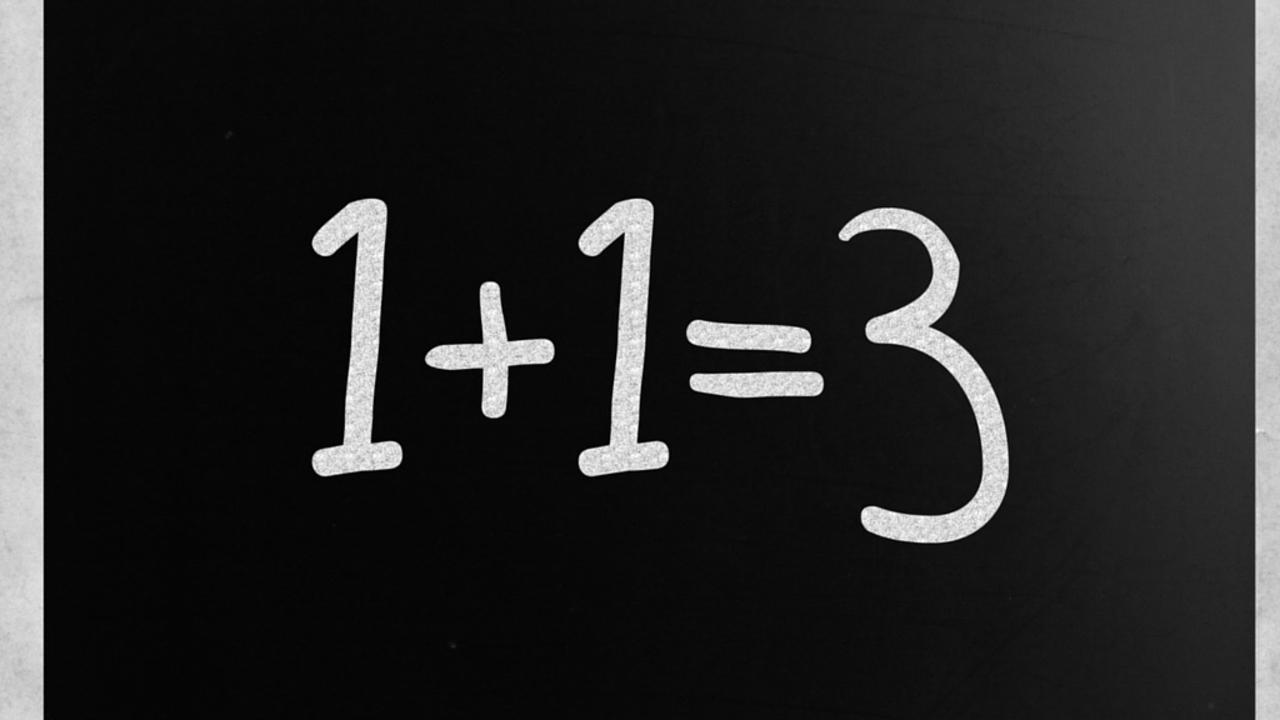
Setting high expectations and standards for players is a crucial component of any optimal developmental culture because these foundations promote quality practice environments and player self-belief. But it’s vital to match these expectations and the related challenges we set players with their ability to meet them. While some people may believe that lacking these expectations and standards as coaches (of developing players) is the most common missing ingredient to player success I beg to differ...
In my experience, the most common mistake we make as developmental coaches is in fact setting these expectations and standards without having the required understanding of how to work effectively with players who can't meet them (which of course occurs quite regularly).
These players can present as negative, soft, angry, or just generally with poor attitudes.
In such cases, without intention, our attempts to set appropriate standards for our players often instead ends up perpetuat...
